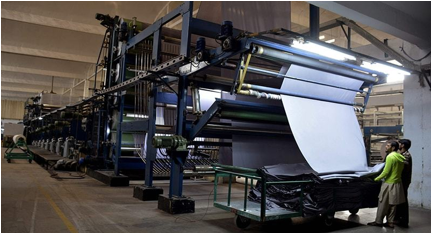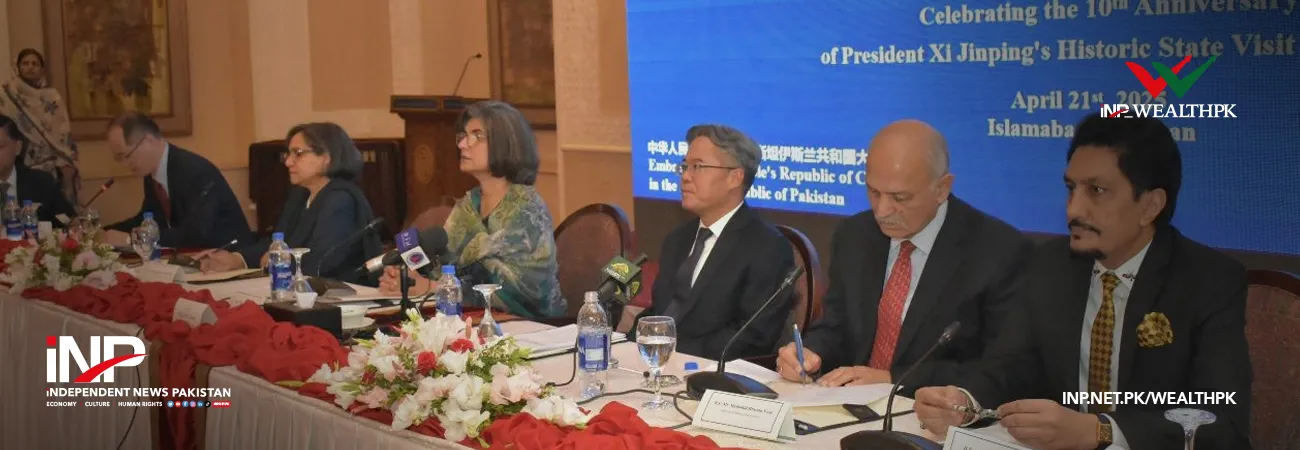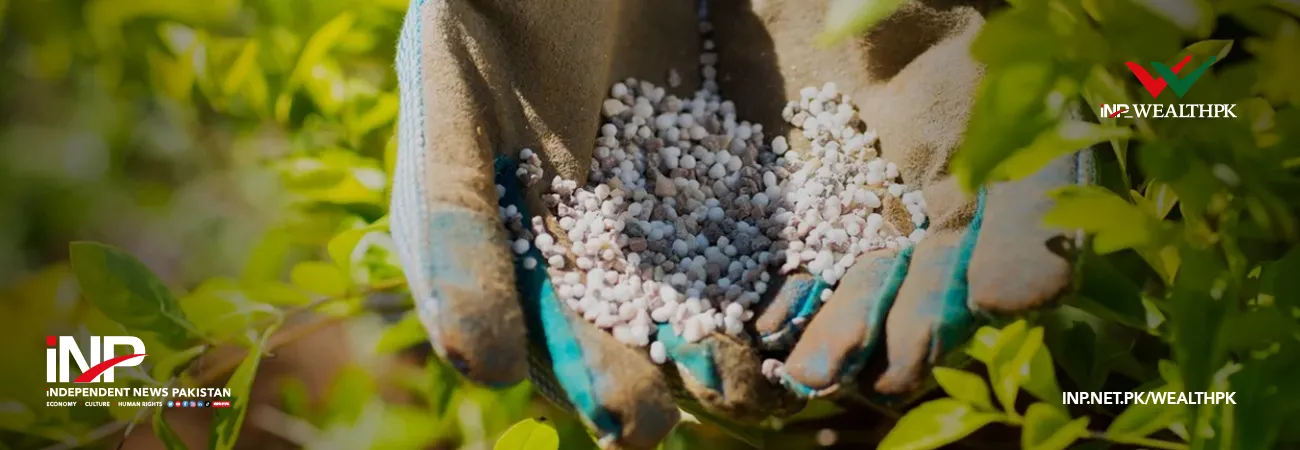INP-WealthPk
Ahmed Khan Malik
Balochistan’s manufacturing sector needs marketing and product development to tap its enormous potential and contribute to the national economy, aver the industry experts while talking to WealthPK.

Rich in natural resources and strategically positioned near the international trade routes, the province has the ingredients to become a regional industrial hub. However, these two key areas – marketing and product development – need immediate attention from the government. While this southwestern province of Pakistan has strengths in mining, agriculture, and handicrafts, the manufacturing sector remains underdeveloped.
The SMEs, often family-run, struggle to expand due to the lack of market exposure and innovation. The industrial zones like those in Hub and Gwadar have the potential but remain underutilized. Wasim Fayyaz, an industry expert on innovation and product development, said one of the biggest challenges in Balochistan is limited value addition to its raw materials.
“Whether it’s marble, dates, wool, or minerals, most products are sold in raw or semi-processed form. There is little emphasis on design, packaging, or creating products tailored to the consumer needs,” he added. He said product development involves investment in research and development (R&D), understanding consumer trends, designing quality, competitive products, and using modern technologies and machinery.

For instance, instead of exporting raw wool, Balochistan can create value-added textiles. The local artisans can benefit from design training to make their handicrafts more appealing to the national and international markets, he said. About the key role of marketing in manufacturing, Wasim said that even when quality products are developed, many businesses fail due to poor marketing strategies.
In Balochistan, most manufacturers rely on traditional verbal marketing, lacking branding, digital outreach, or access to broader markets. He noted that effective marketing requires building brand identity, leveraging digital platforms (social media, e-commerce), creating local and international market linkages, and participating in trade fairs and exhibitions. Mohsin Saeed, an industry expert in Balochistan’s SMEs Association, believes that the provincial government’s support can go a long way.
The public-private sector collaboration can offer training, facilitate market research, and provide digital marketing tools to the SMEs. About the manufacturing sector’s needs, he called for skilled development by investing in vocational training and design institutes focusing on manufacturing and marketing. Besides, infrastructure support is also required to enhance the industrial zones with reliable electricity, roads, and internet connectivity.
He also proposed policy incentives in this regard in the form of tax breaks or grants for businesses that invest in the R&D or modern marketing. Mohsin said public-private partnerships (PPPs) could play a role by encouraging collaborations among the academia, business chambers, and government. He also emphasized digital transformation by helping the manufacturers transition to e-commerce platforms and digital branding.
“For Balochistan to move beyond a resource-dependent economy and build a resilient manufacturing sector, marketing and product development must become central to its strategy. With proper investment and visionary planning, the province can create jobs, boost exports, and stimulate sustainable economic growth,” he believed.
Credit: INP-WealthPk













